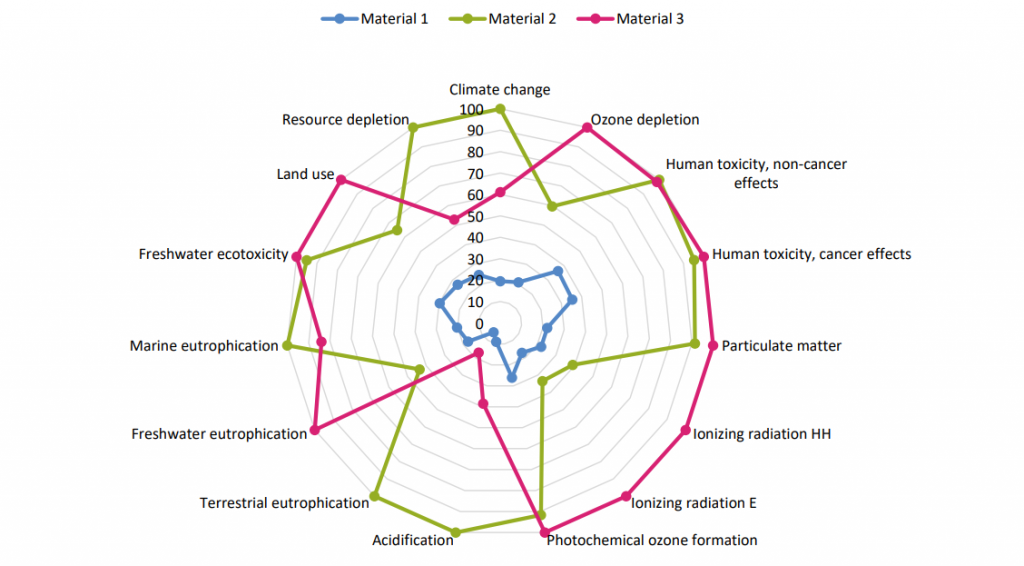Comparative LCA of three materials for bike frames
For a bicycle manufacturer, PRé did a comparative LCA of three potential materials for bike frames, looking for the material with the lowest impact and understanding the hotspots for all materials.
About
According to a study by Fietsersbond and beslist.nl, the Netherlands has 17 million inhabitants and 22.5 million bicycles. On average 1.3 bike per capita, more than in any other nation. You might think that a bicycle is already an environmentally friendly solution with no need for improvement. Still, important decisions can be made at the design level. For that reason, a bike manufacturer asked PRé to compare three materials they were considering for their new line of bike frames. With a parameterized model that easily switches between material type and amount, PRé helped make sure that the bike manufacturer obtained meaningful environmental information.
Challenge
For a novel way of manufacturing bicycles, our client was searching for alternative materials that might improve their environmental performance. The material of the bike frame greatly affects the weight, durability, cost and environmental impact of the overall product. Therefore, our client wanted to understand the environmental burdens and benefits of three materials they were considering using for bike frame production.
Solution
PRé conducted a comparative life cycle assessment (LCA) of the three materials, covering a wide range of environmental topics with the ILCD 2011 Midpoint method and adding water scarcity assessment with the AWARE water footprinting method.
To produce one bicycle, different amounts of each material are needed. Therefore, the functional unit of this LCA was 1 bike frame, rather than 1 kg of material. The model included production of the raw materials, manufacturing of the bike frame and the end-of-life stage. The use phase was excluded because the choice of material does not affect the bike’s lifetime.
We developed a parameterized model that could be used to assess all three materials. The parameters allow us to change the type and amount of material to compare three variations of bike frame with the same model. Such a parameterized model does not only save time, its external Excel spreadsheet is also easily adaptable for the future.

The results revealed that Material 1 was the best choice from an environmental perspective – it had the lowest impact in every category. Material 2, with the highest impact in six categories, scored better than Material 3, which caused the highest environmental pressure in nine categories. To better understand the results, we also analyzed the main contributors of each bike frame. To test the consequences of the most important choice made in the study – selection of mass vs economic allocation – we did a sensitivity analysis. Regardless of the allocation factors chosen, Materials 3 had the highest impact in the majority of categories and its single score results exceeded the other two materials.
Benefits
The bicycle manufacturer gained valuable insight into the environmental performance and the hotspots associated with the three materials, allowing them to choose the material with the lowest environmental impact and to focus their improvement activities on the processes with the highest environmental impact.
The LCA showed potential value when producing bicycles from Material 1. The insights of this study can be used when setting up the production facility and to increase their competitive advantage.
The LCA model was made flexible with the use of parameters. This allows the bicycle manufacturer to easily switch between the different materials or update the model. In the future, they will be able to efficiently reuse this model for an updated or follow-up study that incorporates updates in methodology or data collection.